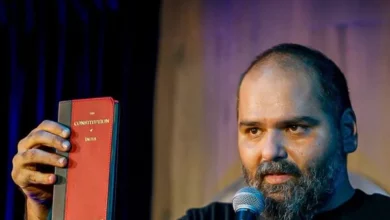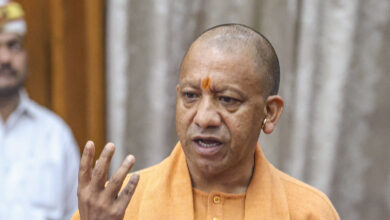
The Supreme Court, on Friday, expressed serious displeasure against Delhi and the other National Capital Region (NCR) states for failing to provide allowances to laborers whose construction activities were suspended due to pollution. During the hearing of the case today, the court showed anger over the fact that things moved only when the top bureaucrats were summoned.
“We find that none of the NCR States have complied with our direction to pay compensation to construction workers. Not even proof of a penny being paid has been shown,” the bench comprising Justice AS Oka and Justice AG Masih said. The bench summoned the Chief Secretaries of Delhi, Haryana, Uttar Pradesh, and Rajasthan through video conferencing, saying, “We want proof. It is our experience that the ball starts rolling only when we summon.”
The court had expected at least one state to show that it had paid a substantial number of employees. The Chief Secretaries are scheduled to appear before the court on Thursday. The court also did not relax the restrictions under Stage 4 of GRAP, which was enforced as part of measures to tackle the worsening Air Quality Index. The AQI, which had earlier this week entered the ‘severe +’ category, has dipped to the ‘very poor’ range. The bench made it clear that further relaxations would depend upon the AQI levels showing a continuous downward trend.
The court also highlighted troubling findings from reports submitted by court commissions, which are monitoring the implementation of curbs in the NCR. “There is a complete lack of coordination between the Delhi government, MCD (Municipal Corporation of Delhi), DPCC (Delhi Pollution Control Committee), CAQM (Commission for Air Quality Management), and other authorities,” the court noted.
There were concerns about the safety of the court commissioners after intimidation in monitoring was reported. A court commissioner said, “I am afraid of my safety; local criminals and gangsters are active here.” The court expressed appreciation for the commitment by the commissioners and asked the Delhi Police to report the actions taken to ensure their safety.
While clarifying that the Delhi Police were duty-bound to protect court commissioners, the bench explained, “We direct that they can seek armed protection if necessary.” During the hearing, Additional Solicitor General Aishwarya Bhati termed the GRAP measures as “extremely disruptive.” To this, the court said, “Without a clear downward trend, how can we relax?”
The bench went on to berate a counsel for even mentioning the non-distribution of masks, “You want us to run the government. There has to be some limit.” The court finally permitted repairs of the sewage lines and bad roads in the Capital but with the rider that only such vehicles as permitted under the law should be utilized for this purpose.



